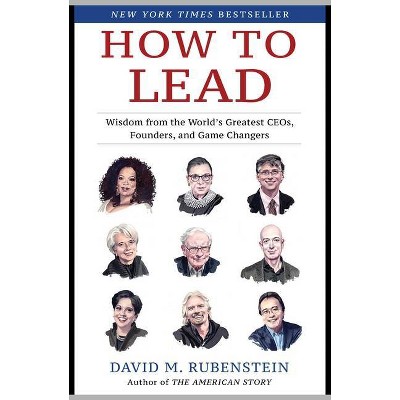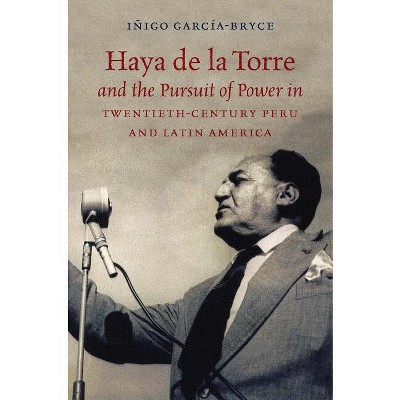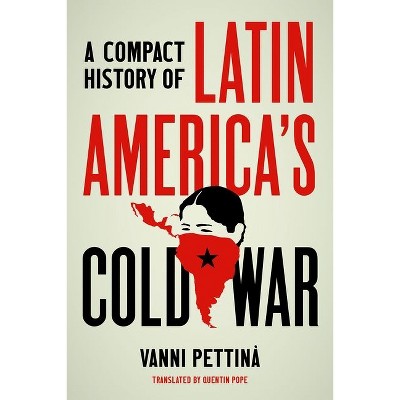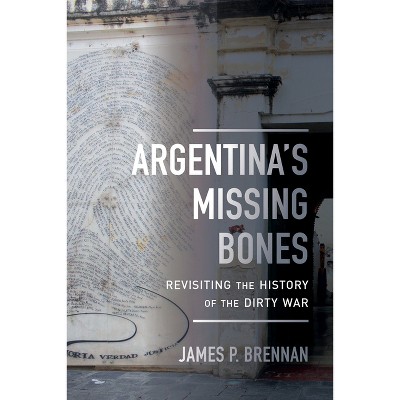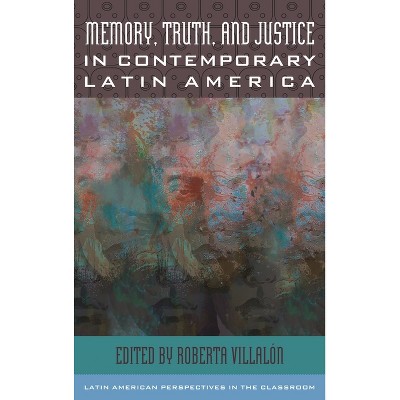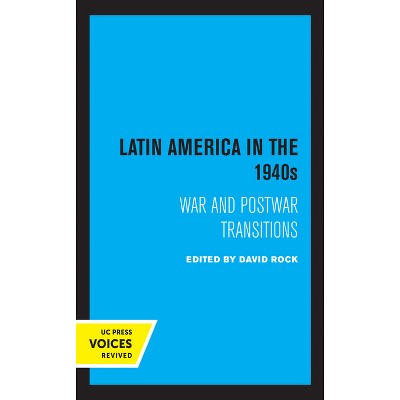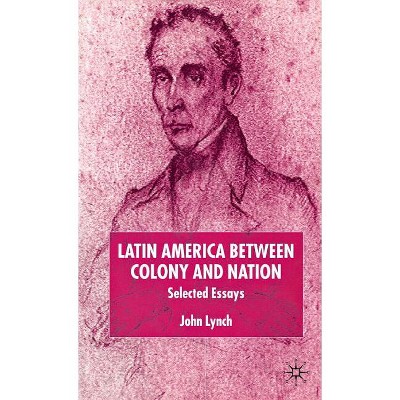Sponsored

Peru - (Politics in Latin America) by James D Rudolph
In Stock
Sponsored
About this item
Highlights
- This volume gives specialists and students alike a comprehensive political history of Peru that includes the first full-length treatment of the 1980s, a decade in which early optimism sparked by the return of democratic rule gave way to widespread pessimism amidst a full-blown social, economic, and political crisis.
- About the Author: JAMES D. RUDOLPH has lived in Lima, Peru since 1986, where he has taught at Colegio Franklin D. Roosevelt and Newton College.
- 192 Pages
- History, Latin America
- Series Name: Politics in Latin America
Description
About the Book
This volume gives specialists and students alike a comprehensive political history of Peru that includes the first full-length treatment of the 1980s, a decade in which early optimism sparked by the return of democratic rule gave way to widespread pessimism amidst a full-blown social, economic, and political crisis. Discussed are Peru's return to democracy in the 1980s and the multiple challenges that process has faced. The study traces the growth of the Sendero Luminoso insurgency; the economic collapse that brought Peru hyperinflation coupled with its deepest depression of the twentieth century; and the evolution of the electoral political system that brought Alberto Fujimori, a political novice, to the presidency in 1990.
Many of the key causes of Peru's contemporary crisis--foreign debt, fiscal irresponsibility, desgobierno (erratic, inappropriate, or incompetent behavior on the part of the government), and the centralization of governmental authority--have been recurrent themes in Peruvian history since at least the early republican period. The profound social divisions within Peru's population, which constitute the principal cause of la crisis, have persisted even longer. A number of these divisions have broken down, however; in this development, the author sees cause for optimism in the midst of crisis. Latin American specialists, Peru watchers, advanced students in comparative politics, journalists, and anyone interested in the far-reaching changes occurring in Latin America will find this book useful and compelling.
Book Synopsis
This volume gives specialists and students alike a comprehensive political history of Peru that includes the first full-length treatment of the 1980s, a decade in which early optimism sparked by the return of democratic rule gave way to widespread pessimism amidst a full-blown social, economic, and political crisis. Discussed are Peru's return to democracy in the 1980s and the multiple challenges that process has faced. The study traces the growth of the Sendero Luminoso insurgency; the economic collapse that brought Peru hyperinflation coupled with its deepest depression of the twentieth century; and the evolution of the electoral political system that brought Alberto Fujimori, a political novice, to the presidency in 1990.
Many of the key causes of Peru's contemporary crisis--foreign debt, fiscal irresponsibility, desgobierno (erratic, inappropriate, or incompetent behavior on the part of the government), and the centralization of governmental authority--have been recurrent themes in Peruvian history since at least the early republican period. The profound social divisions within Peru's population, which constitute the principal cause of la crisis, have persisted even longer. A number of these divisions have broken down, however; in this development, the author sees cause for optimism in the midst of crisis. Latin American specialists, Peru watchers, advanced students in comparative politics, journalists, and anyone interested in the far-reaching changes occurring in Latin America will find this book useful and compelling.Review Quotes
?For students seeking an introduction to Peruvian economic, social, and political development, Rudolph provides a very readable summary. For the knowledgeable reader, this book's contribution is its detailed examination of one decade, in the 1980s.?-Studies in Comparative International Development
?This most readable account of the paralysis of contemporary Peruvian politics begins with a superb, pithy summary of the geography and demography of Peru and a fine descriptive chapter on Peru to 1919....Rudolph has written a most valuable book, which engages the perennial argument of causation. The biblography is an excellent, comprehensive beginning for all students, and the endnotes assist the reader further.?-The Historian Autumn
"For students seeking an introduction to Peruvian economic, social, and political development, Rudolph provides a very readable summary. For the knowledgeable reader, this book's contribution is its detailed examination of one decade, in the 1980s."-Studies in Comparative International Development
"This most readable account of the paralysis of contemporary Peruvian politics begins with a superb, pithy summary of the geography and demography of Peru and a fine descriptive chapter on Peru to 1919....Rudolph has written a most valuable book, which engages the perennial argument of causation. The biblography is an excellent, comprehensive beginning for all students, and the endnotes assist the reader further."-The Historian Autumn
About the Author
JAMES D. RUDOLPH has lived in Lima, Peru since 1986, where he has taught at Colegio Franklin D. Roosevelt and Newton College. Previously, he was a senior research analyst at Foreign Area Studies at The American University in Washington, D.C., where he collaborated on over twenty Country Studies published in the U.S. Government's Area Handbook series.Shipping details
Return details
Frequently bought together

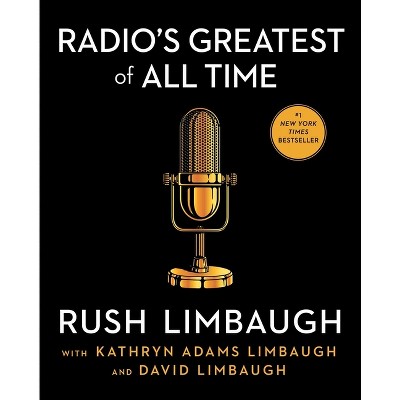

Trending Non-Fiction







